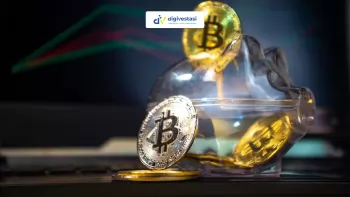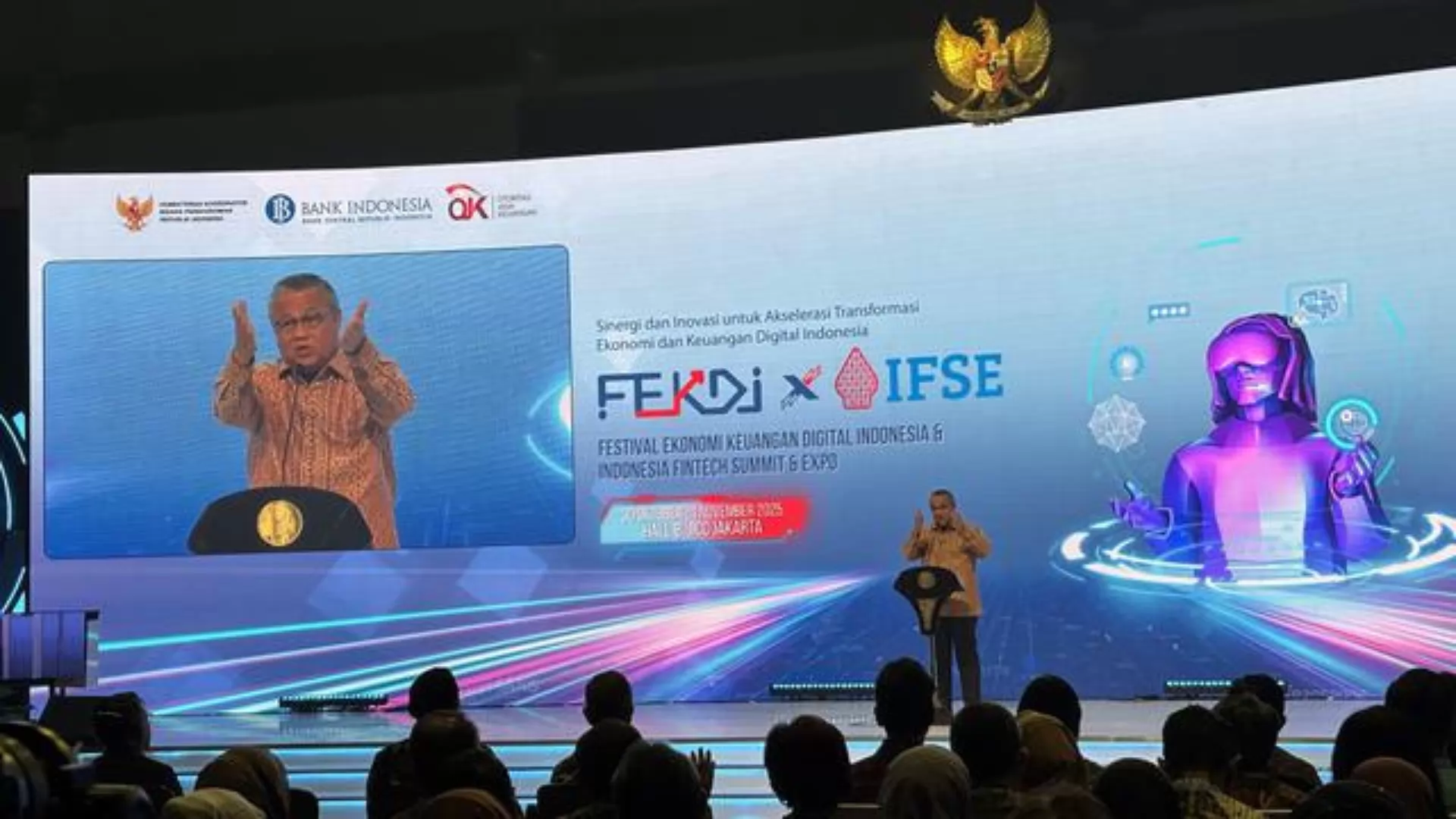
Crypto News
Whale Activity on Binance Surges! Average Bitcoin Spot Orders Hit US$1.96 Million
/index.php
Crypto News - Posted on 04 November 2025 Reading time 5 minutes

Bank Indonesia Prepares Sovereign Bond–Backed Digital Rupiah, Dubbed “National Stablecoin”
Bank Indonesia (BI) is preparing to launch a digital rupiah designed to share characteristics similar to a stablecoin. The initiative marks a major step by the monetary authority to accelerate the transformation of Indonesia’s national digital financial system.
Governor Perry Warjiyo explained that the digital rupiah will be backed by government securities (SBN) as its underlying asset, making it effectively Indonesia’s national version of a stablecoin. The statement was delivered during the Festival Ekonomi Keuangan Digital Indonesia (FEKDI) and the Indonesia Fintech Summit & Expo 2025, held in Jakarta on Wednesday (October 30). According to BI, this project is part of its ongoing effort to develop a Central Bank Digital Currency (CBDC) — one of the central bank’s key strategic priorities in recent years.
Details and Objectives of the Digital Rupiah Project
In its official statement, Bank Indonesia referred to the initiative as the “Digital Rupiah with SBN Underlying.” The digital rupiah is designed not only to function as a digital payment instrument but also to serve as a monetary tool and wholesale settlement instrument for interbank transactions. Unlike existing electronic money or digital wallets, this version is expected to enhance financial system efficiency, maintain monetary stability, and strengthen integration within Indonesia’s national payment ecosystem including platforms such as QRIS and BI-FAST. This initiative represents a new milestone in Indonesia’s efforts to integrate blockchain technology and asset tokenization into its official monetary policy framework.
Strategic Significance for Indonesia’s Digital Economy
The rollout of the digital rupiah is seen as a pivotal milestone in the evolution of Indonesia’s digital economy. Powered by blockchain technology, the system is expected to expand financial inclusion, reduce cross-border transaction costs, and enhance the global competitiveness of the rupiah in an increasingly digitalized economy.
Furthermore, the project signals that Indonesia’s financial authorities are becoming more receptive to blockchain innovation and digital assets. If implemented effectively, the digital rupiah could serve as a bridge between the traditional financial system and the crypto economy while remaining under strict monetary control and supervision.
Ongoing Considerations and Challenges
Although it shares some characteristics with stablecoins, Bank Indonesia emphasized that the digital rupiah is not a commercial crypto asset and will not be freely traded like other tokens in the cryptocurrency market.
Its value will remain stable and fully backed by government-issued SBN, operating entirely under BI’s oversight. (Antara)
Before its official launch, however, several key issues still need to be addressed, including:
Regulatory and governance frameworks, particularly whether the digital rupiah will be used for retail, wholesale, or hybrid transactions.
Interoperability with existing payment infrastructures such as QRIS and BI-FAST.
Cybersecurity, data privacy, and the readiness of Indonesia’s blockchain infrastructure.
The project’s impact on the private sector including fintech firms, digital wallets, and crypto exchanges also remains under review. It is still unclear whether the digital rupiah will act as a complement, substitute, or even competitor to existing digital payment solutions.
Toward an Integrated Digital Economy
Bank Indonesia’s initiative to introduce a sovereign bond–backed digital rupiah resembling a stablecoin marks an important step toward a more integrated digital financial ecosystem.
If successful, it could revolutionize how individuals and businesses transact, shifting from physical currency to blockchain-based tokenized systems that are faster, more secure, and transparent. Nevertheless, the success of this project will depend on several critical factors including regulatory readiness, inter-agency collaboration, public adoption, and the stability of Indonesia’s monetary system amid global technological shifts.
With a cautious yet progressive approach, Bank Indonesia aims to ensure that the digital rupiah serves not merely as a symbol of innovation, but as a strategic instrument for safeguarding national economic sovereignty in an increasingly competitive digital era.
What do you think about this topic? Tell us what you think. Don't forget to follow Digivestasi's Instagram, TikTok, Youtube accounts to keep you updated with the latest information about economics, finance, digital technology and digital asset investment.
DISCLAIMER
All information contained on our website is summarized from reliable sources and published in good faith and for the purpose of providing general information only. Any action taken by readers on information from this site is their own responsibility.